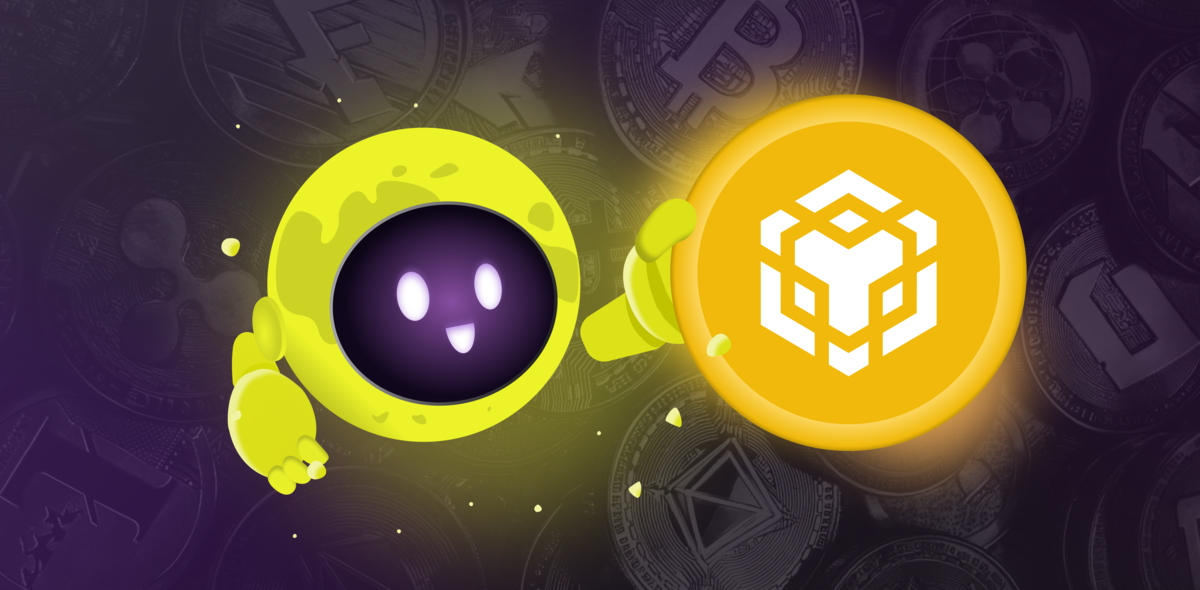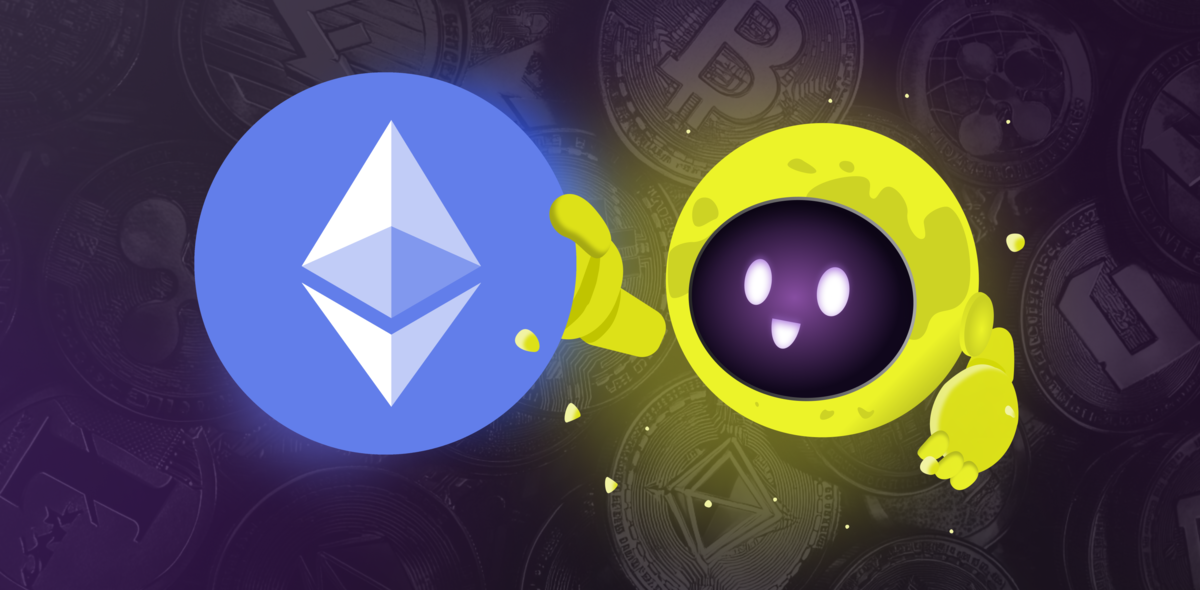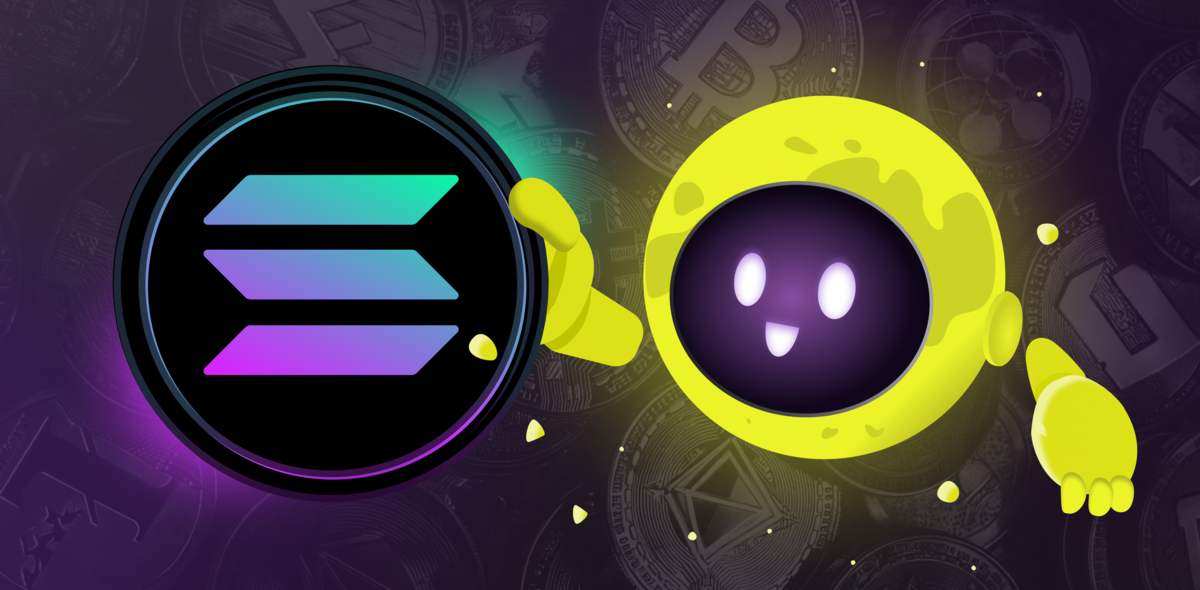
Decentralization lies at the core of various cryptocurrencies and blockchain technologies, setting them apart from conventional centralized systems. Nevertheless, there is a growing concern that Satoshi's pledge to uphold decentralization is faltering, as the crypto industry displays a mounting reliance on authorities and external factors. This raises the question: is crypto still truly decentralized?
Understanding decentralization
Cryptocurrencies enable direct transactions between two parties without the need for intermediaries. This eliminates the reliance on third parties, such as banks, and ensures secure and verifiable transaction records.
Decentralization, as exemplified by cryptocurrencies, means that digital assets are not subject to state or institutional control, putting users in sole control.
In contrast to the traditional financial system where transactions involve intermediaries like data centers, payment services, and banks that charge commissions, cryptocurrency transactions are conducted directly between participants. This eliminates the need for intermediaries, offering a more direct and efficient way to exchange assets.
Decentralization vs centralization
Cryptocurrency is a digital currency that utilizes cryptography to secure and validate transactions through a decentralized and immutable ledger called the blockchain. Decentralization ensures that no single entity controls the currency.
Centralization is typically seen in institutions where a central organization oversees operations. To illustrate this point, central banks are a prime example. Only a country's central bank can issue its currency, giving it control over monetary policy. While central banks often collaborate with the government, they are not infallible and can make errors.
On the other hand, decentralized systems, like many cryptocurrencies, lack a single controlling entity. These systems operate based on consensus protocols agreed upon by all participants.
Distributed systems, similar to decentralized systems, offer the added benefit of replication across multiple computers to enhance network reliability. However, the nuances between these approaches are crucial.
Within the cryptocurrency industry, decentralized options like Stellar provide an alternative to traditional banking systems. Ripple, another popular choice, is also viewed as an alternative to existing banking infrastructure. However, Ripple's network is relatively centralized, with Ripple Labs controlling most nodes.
Current State of Major Cryptocurrencies
Bitcoin and Mining Centralization Problem
Bitcoin, the first and largest cryptocurrency by market capitalization, is designed to be decentralized. However, over time, the mining process has become increasingly centralized. Mining, the process of verifying transactions and adding them to the blockchain, is now dominated by large mining pools and specialized mining farms, often located in regions with cheap electricity. This concentration of mining power raises concerns about the network's resilience and the potential for a 51% attack, where a single entity or group can gain control of the majority of the network's computing power.
Ethereum
Ethereum, the second-largest cryptocurrency, has faced challenges due to its decentralization. The network's transition to the Proof of Stake (PoS), which aims to reduce the energy-intensive Proof of Work (PoW) consensus mechanism, has raised concerns about the concentration of power in the hands of large stakers. Additionally, the rise of decentralized applications (dApps) on Ethereum has led to the emergence of centralized infrastructure providers such as cloud hosting services and API providers, which could potentially influence the decentralization of the network.
Other Prominent Cryptocurrencies
Other prominent cryptocurrencies, such as Binance Coin, Solana, and Cardano, have also faced decentralization issues. Binance Coin, the native token of the Binance Exchange, has been criticized for its close ties to centralized exchanges. Solana, known for its high transaction throughput, has faced concerns regarding the concentration of validator nodes and the potential for centralization. Cardano, who uses a PoS consensus mechanism, has been praised for its focus on decentralization, but the network's growth and adoption could still lead to centralization risks in the future.
Factors Influencing Decentralization
Several factors can influence the decentralization of cryptocurrency networks:
- Consensus mechanisms: The choice of consensus mechanisms, such as PoW or PoS, can impact the decentralization of the network. PoW can lead to mining centralization, whereas PoS may concentrate power on the hands of large stakers.
- Governance structure: The way decisions are made and implemented within a network can affect decentralization. Centralized governance structures can lead to a small group of individuals or entities controlling the direction of the network.
- Adoption and usage patterns: As a cryptocurrency network grows and attracts more users, the distribution of tokens and concentration of wealth can impact decentralization. If a small number of entities hold a large portion of the network's tokens, they can potentially influence the direction of the network.
Advantages of decentralization
- Security. Decentralization ensures that no network is controlled. This means that it is much more difficult for hackers to attack it because they will need to compromise a significant part of the network to do so.
- Transparency. Decentralization ensures that all transactions in the network are transparent and can be easily verified. This makes fraudulent activities in the network much more difficult because everything is visible and accountable.
- Trust. Decentralization eliminates the need to trust any central authority such as a bank. Instead, trust is placed in the network and in the consensus of its users. Therefore, there was no need for fear of manipulation or abuse.
- Innovation. Decentralization promotes innovation by allowing anyone to participate in a network and contribute to its development. This means that new ideas and technologies can be implemented much more easily as there are no barriers to their introduction.
Decentralization has challenged traditional financial institutions by providing an alternative system that is faster, cheaper, and more accessible. This has also led to the creation of new business models based on blockchain technology: decentralized finance (DeFi) and non—interchangeable tokens (NFT).
Challenges to Decentralization
Achieving and maintaining true decentralization in the crypto space is challenging. Some key challenges include the following.
- Scalability: As cryptocurrency networks grow, they must handle more transactions and users. Achieving scalability, while maintaining decentralization, is a significant challenge.
- Regulatory uncertainty: Regulatory bodies are still grappling with how to approach cryptocurrencies, and their decisions can impact the decentralization of networks.
- Incentive structures: Ensuring that the incentives for network participants align with the goal of decentralization is crucial but can be difficult to achieve.
The Future of Decentralization in Crypto
Despite these challenges, the crypto community remains committed to decentralization. As the industry matures, we can see the development of new consensus mechanisms, governance structures, and incentive models that better support decentralization. Additionally, the rise of layer-2 solutions and side chains could help address scalability issues while maintaining decentralization at the base layer.
Conclusion
In a broad context, decentralized blockchain-based solutions are being studied and applied by organizations of any type, size, or industry. Important examples include applications that provide immediate external or emergency assistance to those who need it the most, without the mediation of a bank, government, or a third party. There are also applications that allow people to manage their digital accounts and data. Currently, social media platforms, commercial companies, and other organizations sell this information without the slightest benefit to individuals. A decentralized approach benefits everyone.
The promise of decentralization is still at the heart of the cryptocurrency industry, but achieving and maintaining true decentralization is an ongoing challenge. As the industry evolves, it will be crucial for developers, users, and regulators to work together to ensure that the benefits of decentralization are realized, while addressing the risks and challenges that come with it. Only by staying true to the principles of decentralization can the crypto industry fulfill its potential to revolutionize the financial system and empower individuals worldwide.




